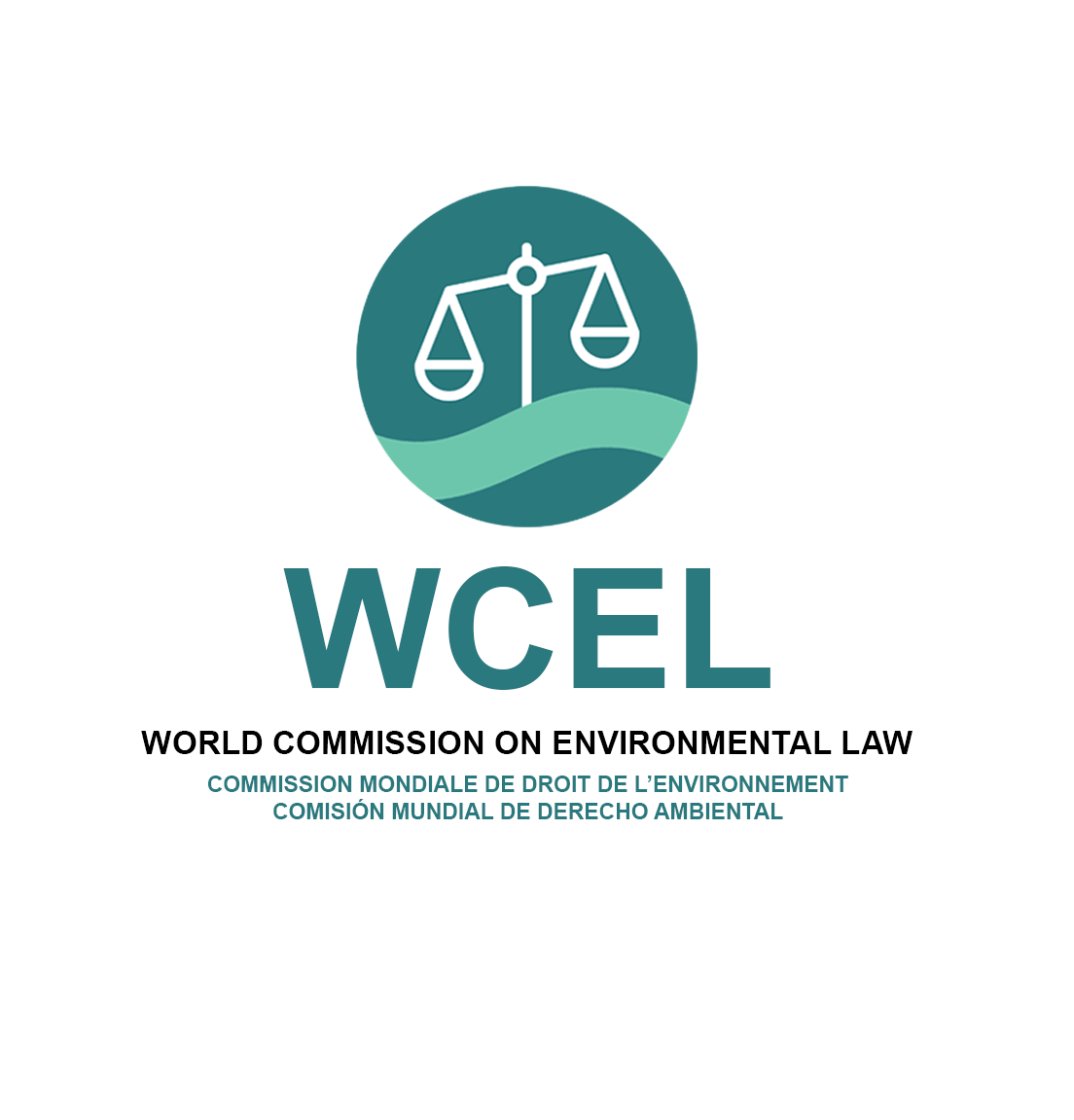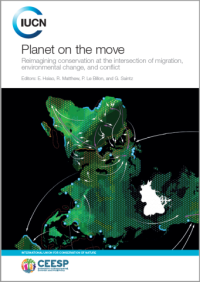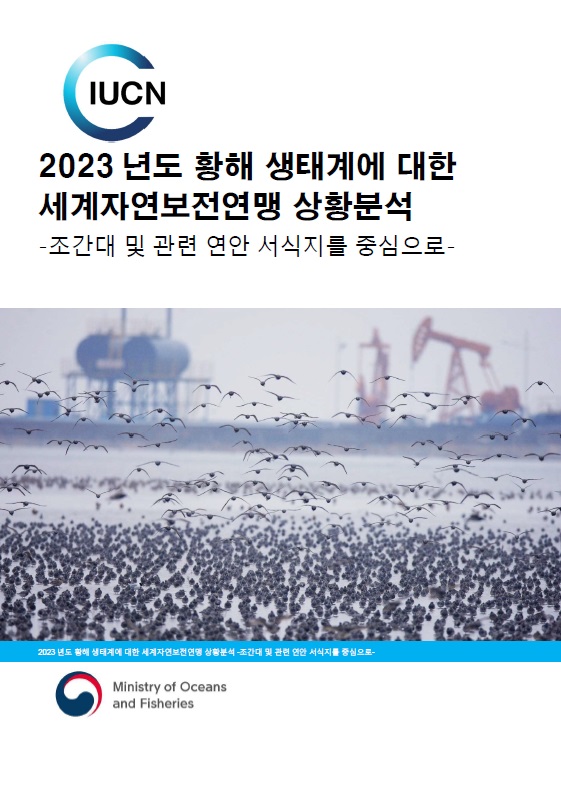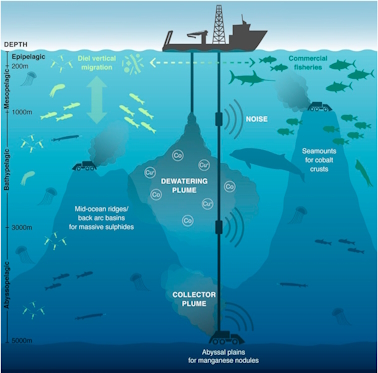INC-3 Negotiator Briefing 10 of 10 Free Trade Agreement Convergence and the Plastics Treaty
Briefing 10 of 10 covers Free Trade Agreement Convergence and the Plastic Pollution Treaty
The third session of the Intergovernmental Negotiating Committee to develop an international legally binding instrument on plastic pollution, including in the marine environment (INC-3), is scheduled to take place from 13 to 19 November 2023 at the UN Environment Programme (UNEP) Headquarters in Nairobi, Kenya.
In INC-3 Briefing 10 of 10, the Key Messages are:
- The envisaged scope of the Plastic Pollution Treaty, as articulated by United Nations Environment Assembly (UNEA) resolution 5/14, includes all aspects of product design and use, the circular economy and elements of the plastic life-cycle as vital elements for addressing plastic pollution and production.
- As recognized in UNEA Resolution 5/14 and discussed more fully in the IUCN WCEL Briefing for Negotiators on Regime Convergence, the creation and implementation of the International Legally Binding Instrument (IBLI) will involve connections across multiple fields of law and policy. Following INC-1 and INC-2, it is clear that a number of suggestions for the IBLI – including the regulation of the plastics life-cycle, encouragement of alternatives and substitutes, mandatory reporting of certain chemicals and polymers in plastic products and labelling of plastics products – will connect to international trade law.
- While much of the discussions on these connections has focused on ensuring compliance with World Trade Organization (WTO) laws and practice, this briefing addresses the relationships between Regional Trade Agreements and Free Trade Agreements (collectively, FTAs) since such agreements are often the site of significant legal advancements in environment, labour, intellectual property and related laws and rules.
- These relationships will be critical for negotiating the IBLI in a way that facilitates trade law commitments, ending plastic pollution, addressing environmental impacts of plastic pollution, incorporating just transitions, protecting human health, ensuring the viability of intellectual property law systems, and generating sustainable innovations in design, use and management of plastic products.
- As this briefing emphasizes, there are areas of intersection between FTAs and many aspects of the IBLI but this can be seen as a complementary system rather than a source of competition or concern.
- Whether through providing areas in which the regulation of plastic pollution can be coordinated in a way that does not impede trade or reinforcing commitments to human rights, just transitions, sustainable development and environmental commitments that connect to the IBLI or ensuring that activities such as the disclosure of certain elements of plastics comply with intellectual property requirements and labelling protections, FTAs represent an important consideration in creating coherence with the IBLI and existing international legal regimes.
A compilation of 10 Briefings for negotiators is available here. These are:
Briefing 1: Key Elements for Plastic Pollution Treaty
Briefing 2: Glossary of Key Terms
Briefing 3: Structure of Plastic Pollution Treaty (ILBI)
Briefing 4: Just Transition and the International Legally Binding Instrument
Briefing 5: Regime Convergence and the International Legally Binding Instrument
Briefing 6: Circular Economy and Plastic Life-Cycle Issues
Briefing 7: Legal Process of Treaty Negotiations
Briefing 8: Connections between IUCN’s Plastic Pollution Elimination Timeline and the SDGs
Briefing 9: Connections between IUCN’s Plastic Pollution Elimination Timeline and the GBF
Briefing 10: Free Trade Agreement Convergence and the Plastic Pollution Treaty




